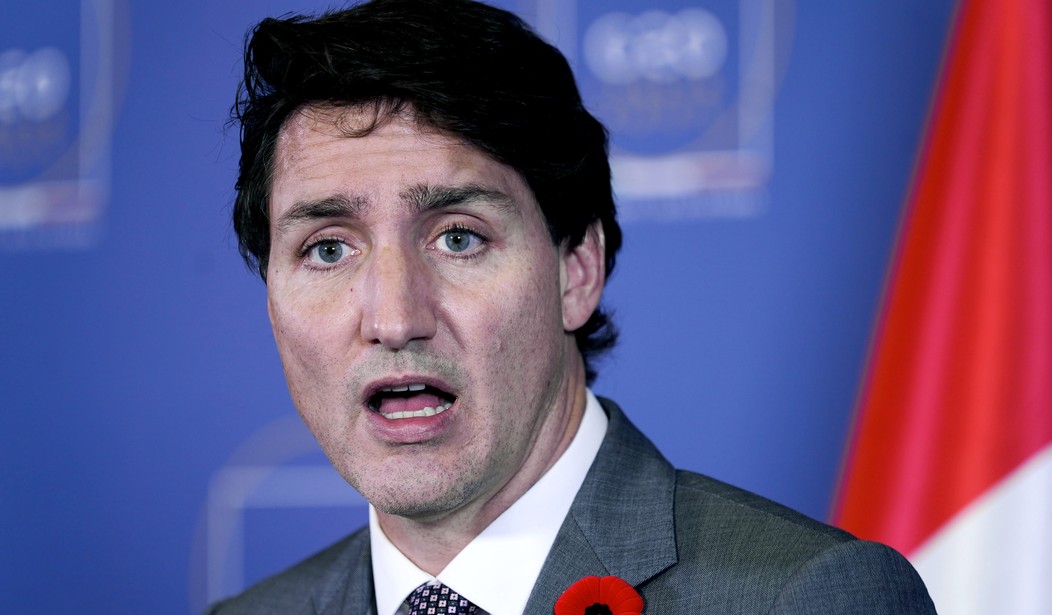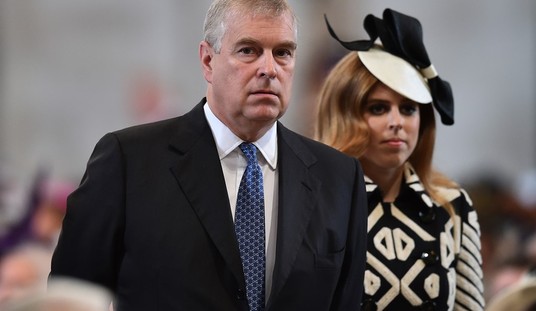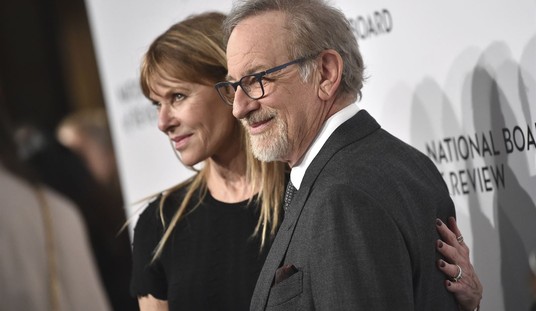Back when the COVID lockdowns were still being enforced even after the vaccines became widely available, heated debates arose over the severity of those measures in the United States. But what we faced at home was almost insignificant when compared to the measures imposed by Justin Trudeau’s government in Canada. International travel was a thing of the past, but even travel inside the country was heavily restricted. If you weren’t vaccinated, you basically weren’t going anywhere further than the local grocery store. A leading Canadian medical journal described the policies as being “among the most sustained stringent policies regarding restrictions on internal movement.”
But who developed those policies and how did they arrive at their conclusions? That’s what two men who were heavily impacted by the policies, Karl Harrison and Shaun Rickard, decided to find out. They went to court and demanded information on the process and the people involved in imposing these rules on the country. After a long battle, they finally were rewarded for their efforts and government documentation was provided, along with testimony from some of the people inside the government who had been involved. As it turns out, the job had been handed to a group of people in the “COVID Recovery Unit” with no relevant medical training to inform their actions and the group had been unable to cite a single medical study justifying the travel ban. (Common Sense)
No one in the COVID Recovery unit, including Jennifer Little, the director-general, had any formal education in epidemiology, medicine or public health.
Little, who has an undergraduate degree in literature from the University of Toronto, testified that there were 20 people in the unit. When Presvelos asked her whether anyone in the unit had any professional experience in public health, she said there was one person, Monique St.-Laurent. According to St.-Laurent’s LinkedIn profile, she appears to be a civil servant who briefly worked for the Public Health Agency of Canada. St.-Laurent is not a doctor, Little said…
In the days leading up to the implementation of the travel mandate, transportation officials were frantically looking for a rationale for it. They came up short.
The names of people in Trudeau’s administration that the members of the COVID Recovery Unit spoke to were withheld in court because of “cabinet confidence,” meaning they were very high up on the food chain and almost certainly not medical authorities. No one had brought forward any sort of peer-reviewed studies suggesting that the onerous travel ban was the best way to go in terms of ensuring the best health outcome for Canadians.
Scanning through these results, one thing seems to come clear. A decision was made at the top to prevent the unvaccinated from traveling at all costs. But it was a political decision, almost certainly made in Trudeau’s inner circle. With the decision already made, they then appointed some people to go look for a medical reason to justify the decision after the fact. The people assigned to this task failed.
That’s not to say there might not have been at least some validity to the idea of travel bans in terms of suppressing the spread of the virus. There certainly may have been, though more recent studies in the United States are suggesting that the lockdowns really didn’t do much of anything. But the major takeaway here doesn’t boil down to the best or most dubious medical studies on the subject. It’s the fact that Trudeau’s government – like too many officials in the United States – really wasn’t “following the science” at all. They were making top-down political decisions and then scrambling to find some science that might justify what they planned to do. The fact that no such scientific data was turned up didn’t slow them down for a moment. They just plowed ahead and did what they were always going to do from the beginning.
When the next real pandemic rolls around (and it’s a certainty that one will sooner or later), let’s hope that we’ve learned something from this debacle. And not all of our lessons need to be about medical science. We should also remember to keep an eye on our elected officials when they begin issuing one emergency decree after another. Some of them clearly enjoy that rush of power far too much.








Join the conversation as a VIP Member